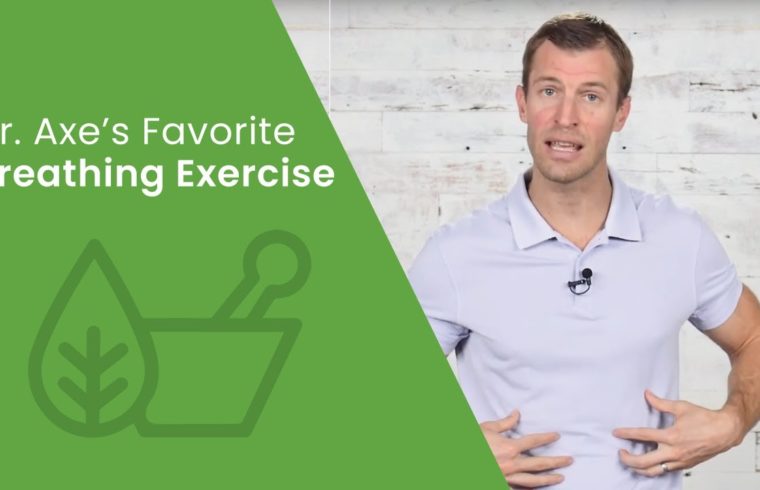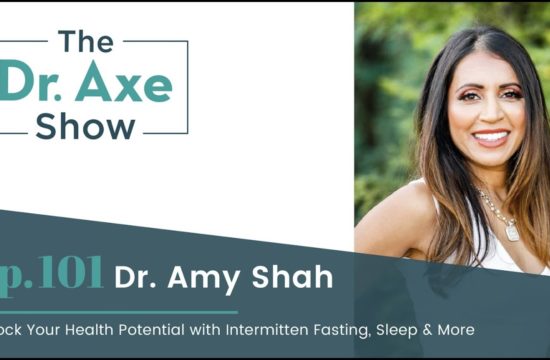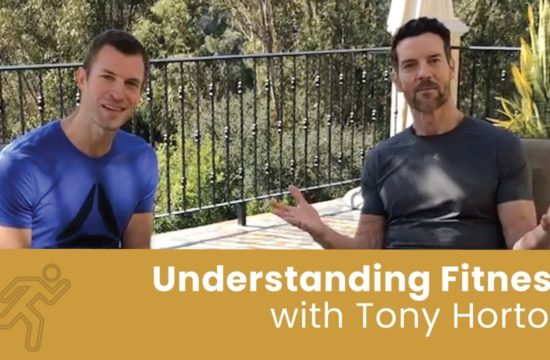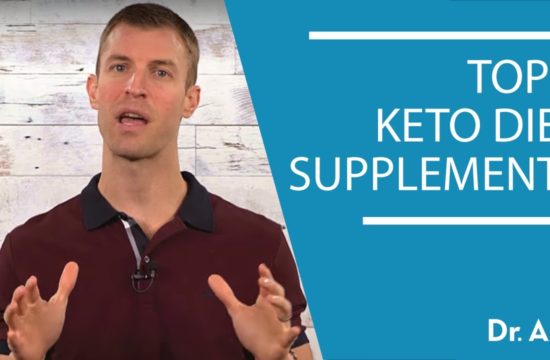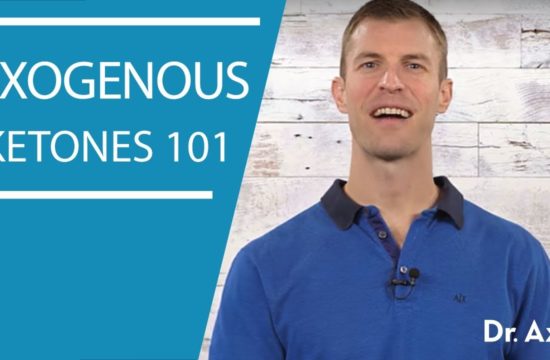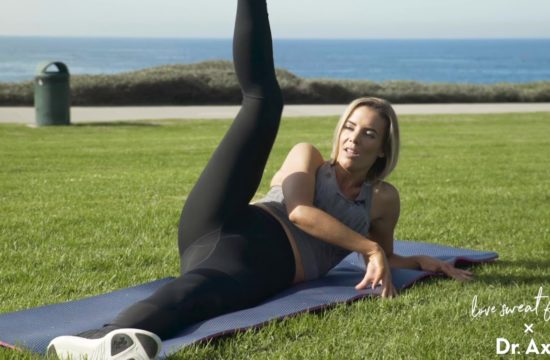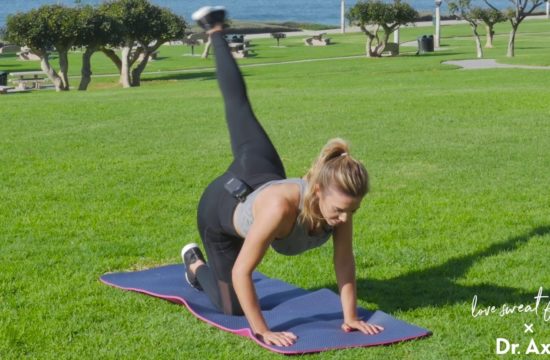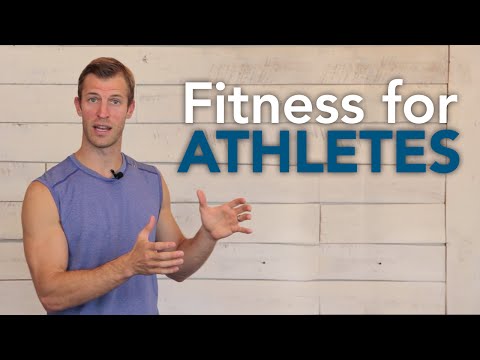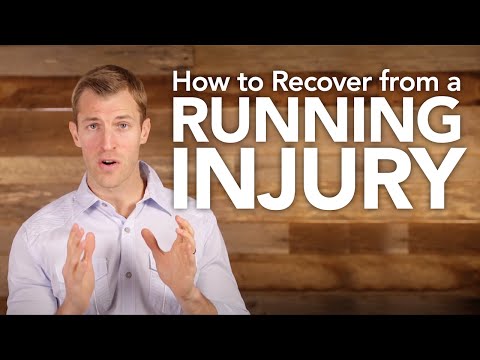SUBSCRIBE FOR MORE: https://www.youtube.com/c/DrJoshAxe?sub_confirmation=1
Breathing exercises and techniques sound a little funny at first: After all, don’t we all know how to breathe? Using specific breathing techniques and breath control, however, means that you’re being mindful about the way you breathe in and out. By purposefully changing the way we breathe, we can change the way we feel and how our bodies react to what’s going on around us.
Under normal circumstances, we inhale to absorb oxygen and exhale to rid our body of carbon dioxide through the lungs, with the help of our diaphragm muscle. But when we’re stressed, anxious or upset, for example, the way we breathe changes. Instead of deep, lung-filling breaths, we start “overbreathing” and taking short, shallow breaths. Instead of our diaphragm doing the heavy lifting, we use our shoulders to inhale and exhale, which can make anxious feelings even worse.
By using breathing exercises, we send a signal to our nervous system, the part of our body managing things like our heart rate and our stress response, that things are OK. In turn, the physical effects of anxiety — racing heartbeat, shallow breathing, sweaty palms — are reduced, and our minds calm down. Best of all, unlike yoga or meditation (which I still absolutely recommend!), you can do breathing exercises when you’re commuting to work, before a stressful meeting or even in the midst of an argument when you want to calm down.
Learn more about breathing exercises to Reduce Stress & Improve Sleep: http://bit.ly/30IcVe8
——————–
STUDIES
1. https://www.aafp.org/afp/2014/0101/p15.html
2. https://www.researchgate.net/publication/273772333_Effectiveness_of_Breathing_Exercises_on_Pulmonary_Function_Parameters_and_Quality_of_Life_of_Patients_with_Chronic_Obstructive_Pulmonary_Disease
3. https://www.ncbi.nlm.nih.gov/pubmed/23608661
4. https://www.ncbi.nlm.nih.gov/pubmed/16231755
5. https://journals.plos.org/plosone/article?id=10.1371/journal.pone.0046597
6. http://rc.rcjournal.com/content/59/2/209
7. https://www.ncbi.nlm.nih.gov/pubmed/21446363
——————–
ABOUT DR. AXE
Dr. Josh Axe, DC, DNM, CNS, is a doctor of chiropractic, certified doctor of natural medicine and clinical nutritionist with a passion to help people eat healthily and live a healthy lifestyle.
Visit the blog: http://bit.ly/2T6NPBR
——————–
CONNECT WITH DR. AXE
Like on Facebook → facebook.com/drjoshaxe/
Follow on Instagram → instagram.com/drjoshaxe/
Follow on Twitter → twitter.com/drjoshaxe/
Follow on Pinterest → pinterest.com/draxe/
——————–
GET HELP WITH YOUR QUESTIONS
Ask away → http://bit.ly/2DqymXS
——————–
DISCLAIMER
This content is strictly the opinion of Dr. Josh Axe and is for informational and educational purposes only. It is not intended to provide medical advice or to take the place of medical advice or treatment from a personal physician. All viewers of this content are advised to consult their doctors or qualified health professionals regarding specific health questions. Neither Dr. Axe nor the publisher of this content takes responsibility for possible health consequences of any person or persons reading or following the information in this educational content. All viewers of this content, especially those taking prescription or over-the-counter medications, should consult their physicians before beginning any nutrition, supplement or lifestyle program.
